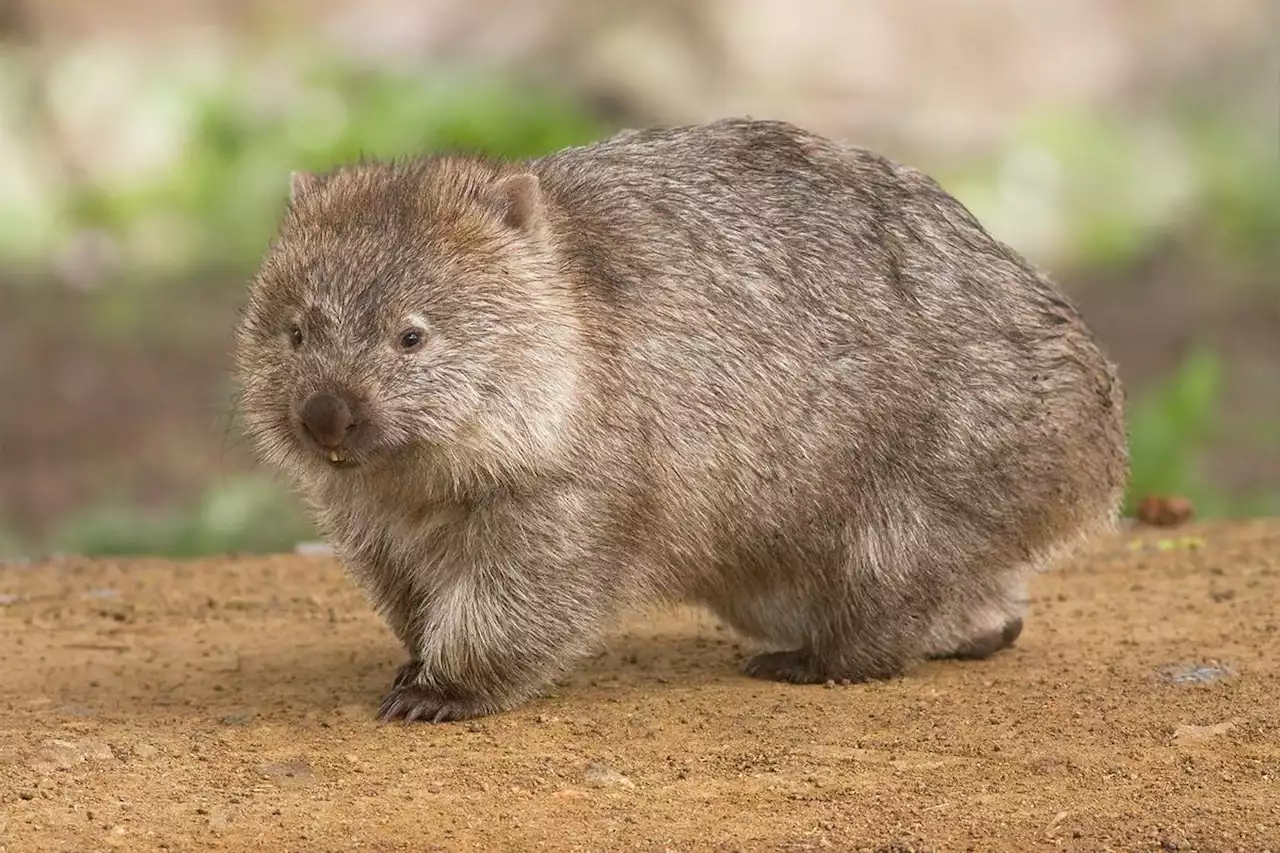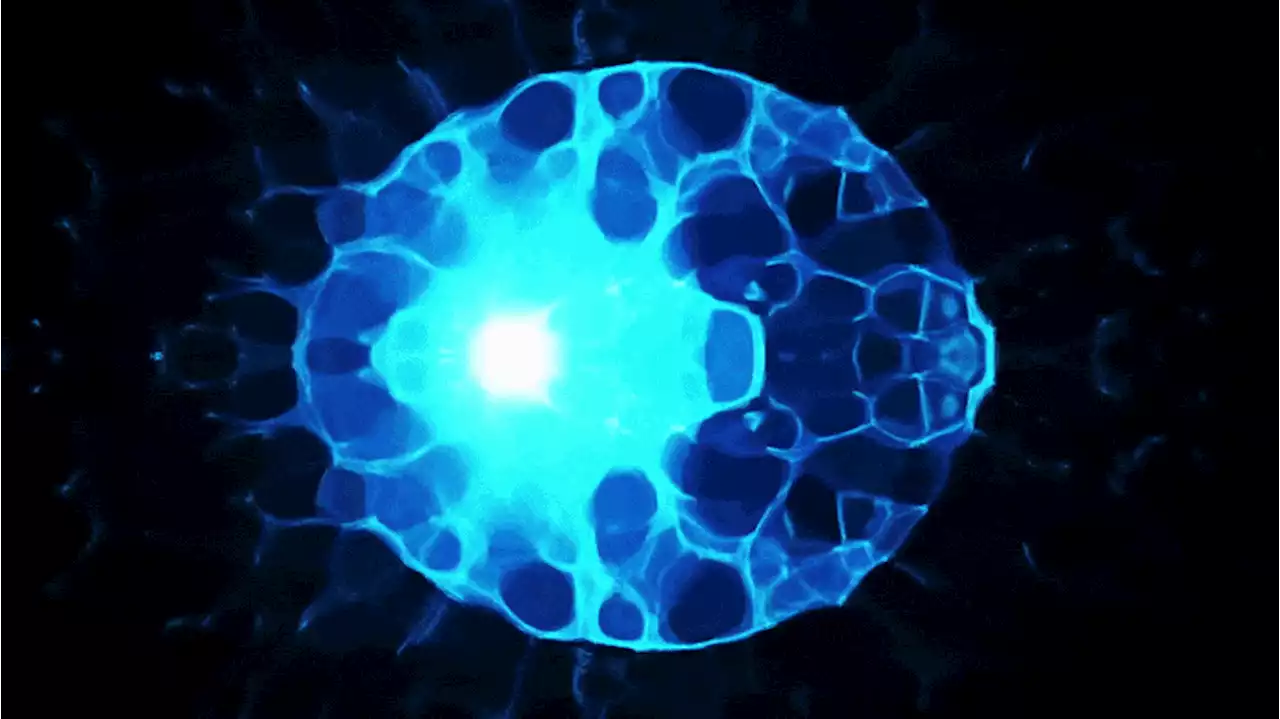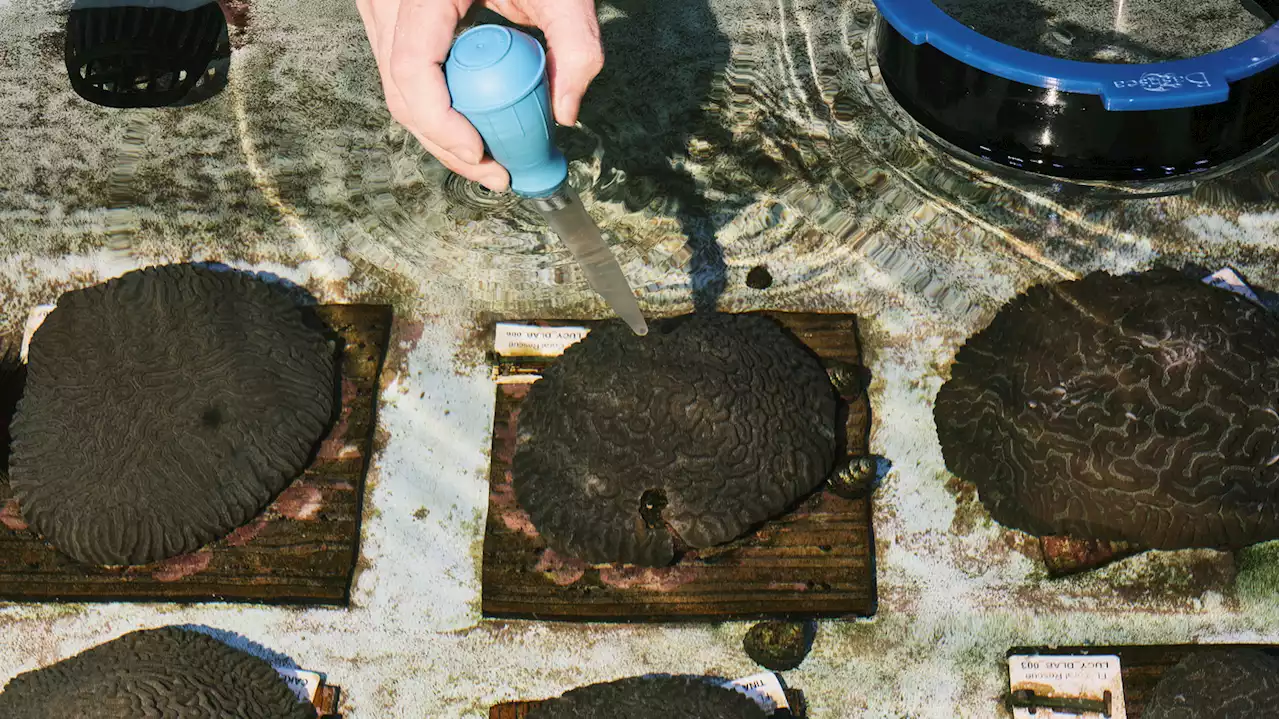The researchers cautioned that their work points to a potential public health risk posed by climate change.
Permafrost, seen at the top of the cliff, melts into the Kolyma River, Siberia, Russia on July 6, 2019.they had reanimated a virus that had been frozen for almost 50,000 years.
The scientists studied 13 new pathogens that they called"zombie viruses," and"found that they remained infectious despite spending many millennia trapped in the frozen ground," according to. But the viruses they chose to thaw for study don't pose a risk to humans, thus the actual danger posed reanimating those particular specimens is"totally negligible," according to the paper.
Nevertheless, the researchers, from France, Germany, and Russian, wanted to demonstrate a little-discussed threat posed by a warming globe — the unleashing of pathogens that have been in a deep freeze for eons. "Permafrost" is permanently-frozen ground that covers one-fourth of the ground in the Northern hemisphere. As climate change warms the planet, the freeze thaws, releasing various organic matter that had been in ice for millennia, the scientists wrote in the paper posted toThe scientists wrote:
It is thus likely that ancient permafrost will release these unknown viruses upon thawing. How long these viruses could remain infectious once exposed to outdoor conditions , and how likely they will be to encounter and infect a suitable host in the interval, is yet impossible to estimate. But the risk is bound to increase in the context of global warming when permafrost thawing will keep accelerating, and more people will be populating the Arctic in the wake of industrial ventures.
United States Latest News, United States Headlines
Similar News:You can also read news stories similar to this one that we have collected from other news sources.
 Did Scientists Discover Why Wombat Poop Is Square?The exceptionally rectangular droppings of wombats are the result of a uniquely evolved gastrointestinal system — not a cube-shaped anus (that was the previous theory).
Did Scientists Discover Why Wombat Poop Is Square?The exceptionally rectangular droppings of wombats are the result of a uniquely evolved gastrointestinal system — not a cube-shaped anus (that was the previous theory).
Read more »
 Scientists just revived an ancient virus that was frozen for 48,500 yearsScientists have managed to revive ancient viruses found within the Siberian permafrost, posing concerns about further defrosting.
Scientists just revived an ancient virus that was frozen for 48,500 yearsScientists have managed to revive ancient viruses found within the Siberian permafrost, posing concerns about further defrosting.
Read more »
 Scientists Create 'Invisible Fiber' That Can Make Cakes And Pizzas Better For YouMost of us could use a little more fiber in our diets, and adding it without compromising on a recipe's appeal might soon be much easier.
Scientists Create 'Invisible Fiber' That Can Make Cakes And Pizzas Better For YouMost of us could use a little more fiber in our diets, and adding it without compromising on a recipe's appeal might soon be much easier.
Read more »
 Scientists Develop an “Extended Landau Free Energy Model” for Advanced Materials DesignExplainable AI-Based Physical Theory for Advanced Materials Design Scientists develop an “extended Landau free energy model” for causal analysis and visualization in nano-magnetic devices with AI and topology. Microscopic materials analysis is essential to achieve desirable performance in next-g
Scientists Develop an “Extended Landau Free Energy Model” for Advanced Materials DesignExplainable AI-Based Physical Theory for Advanced Materials Design Scientists develop an “extended Landau free energy model” for causal analysis and visualization in nano-magnetic devices with AI and topology. Microscopic materials analysis is essential to achieve desirable performance in next-g
Read more »
 Here is what scientists are doing to save Florida's coral reef before it's too lateFlorida’s barrier reef has lost 95% of its coral over the last half-century. This is how scientists are working to restore the third-largest barrier reef in the world — and ensure its long-term survival.
Here is what scientists are doing to save Florida's coral reef before it's too lateFlorida’s barrier reef has lost 95% of its coral over the last half-century. This is how scientists are working to restore the third-largest barrier reef in the world — and ensure its long-term survival.
Read more »
 Scientists Reexamine Why Zebra Stripes Mysteriously Repel FliesWhile biologists still aren't exactly sure how it works, a new study closes in on why the insects that pester Savannah animals zig when anything zags.
Scientists Reexamine Why Zebra Stripes Mysteriously Repel FliesWhile biologists still aren't exactly sure how it works, a new study closes in on why the insects that pester Savannah animals zig when anything zags.
Read more »
